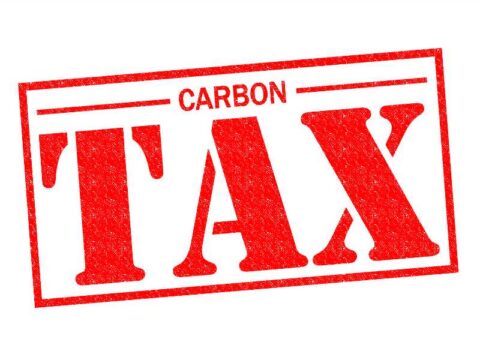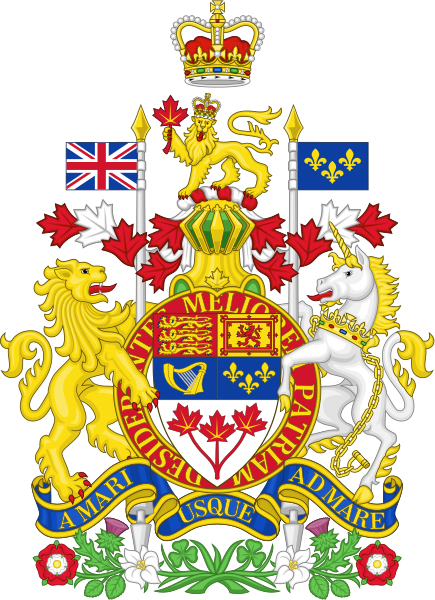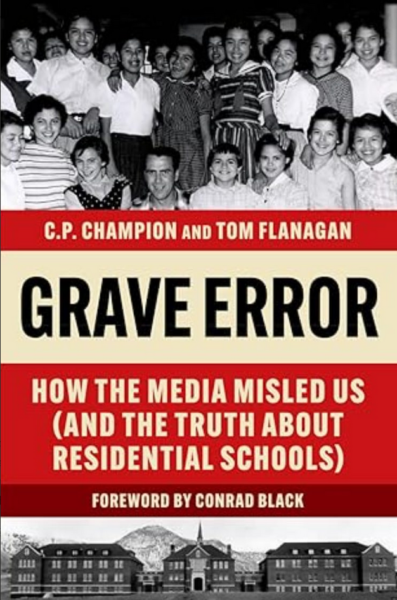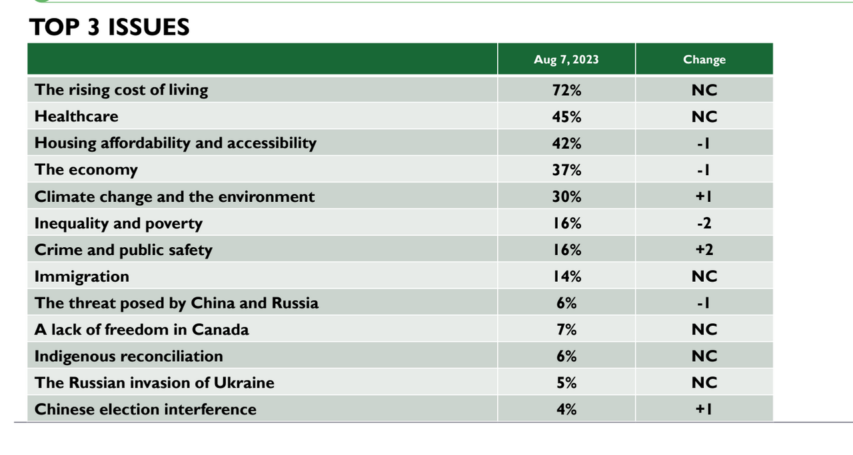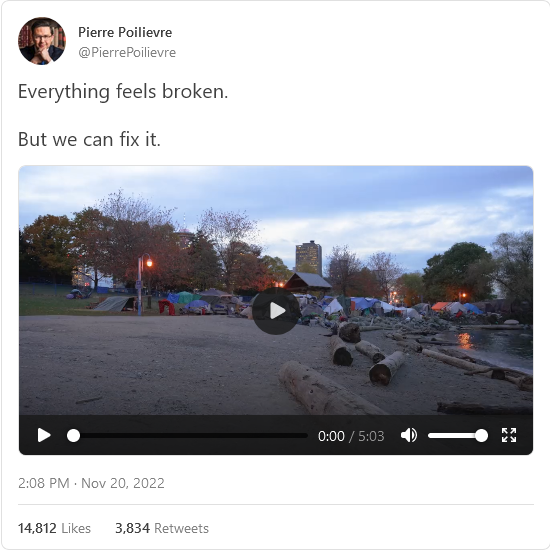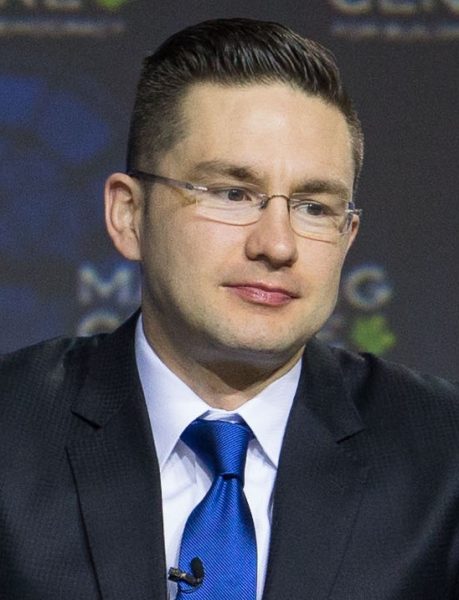In The Line, Jen Gerson makes a strong argument that the vaunted (by Justin Trudeau and the Liberal Party) carbon tax rebate is actually the big problem with the carbon tax, not the “Conservative misinformation” constantly being pointed at by the government’s paid accomplices in the mainstream media:
Is the purpose of the Liberals’ carbon tax to materially reduce carbon emissions — or is it a wealth redistribution program? I ask because every time the Liberals defend the carbon tax by resorting to the awesomeness of the rebate, what they cease to talk about is how effective it is at actually reducing carbon emissions.
Instead, we fall into an endless series of counterproductive debates about whether what individuals are getting from the rebate equals what they’re paying out in tax. And that debate is repeated every quarter, and each time the carbon tax rises. In other words, our entire political discourse about the tax is centred on wealth redistribution — not emissions.
That makes people suspicious of the government’s actual goals, and skeptical about its claims. This, again, is a problem of message dilution. If you cannot clearly express your intentions, then you’re not going to get political buy-in to your aims. This problem is particularly acute on a policy that is — by definition — demanding a sacrifice of cash and/or quality of life by Canadians. People can get on board with sacrifice, but only if it’s tied to a clear, obtainable, and material objective.
[…]
And here’s where we get into the real dark heart of the problem.
It’s the rebate itself.
I understand why the Canada Carbon Rebate happened. The government wanted to introduce a carbon tax without disproportionately penalizing the poor — the demographic least able to make the investments and lifestyle changes necessary to respond to the tax. But did that relief have to come in the form of a rebate?
Well, no.
There are lots of methods a government can use to ease poverty. But governments love themselves a rebate. Why? Because rebates are normalized vote buying. One that all political parties are guilty of using. The Liberals implemented the rebate thinking Canadians would hit their mailboxes every quarter, see a few hundred bucks, and get warm fuzzy feelings for Papa Trudeau and the natural governing party. “Government’s looking out for me!”
Getting government cheques is popular, and the Liberals were no doubt trying to replicate the appeal of the Canada Child Benefit.
But that didn’t happen here. The carbon rebate seems to be one of those rare examples of people getting mad at receiving government money rather than being grateful. Why?
Well, may I suggest that it’s because every time people open up those cheques, instead of processing the dopamine hit of “free” money, they’re instead reminded of how much they had to pay in to get it. They do the math in their head, think about their rising grocery bills and gas, and come away thinking “not worth it”. Every single quarter, millions of Canadian households are feeling as if they are paying dollars to get dimes — and it’s pissing them right off. Further, demanding they acknowledge they’re better off in the exchange is only adding salt to the wound. Throwing Parliamentary Budget Officer (PBO) reports at them doesn’t change their minds. It just pisses them off more.
To put it more pithily — a benefit is a gift. A rebate is a value proposition. And a hell of a lot of Canadians are looking at this rebate and determining that its value is wanting — all the more so as the goals of that purchase haven’t been clearly articulated.

